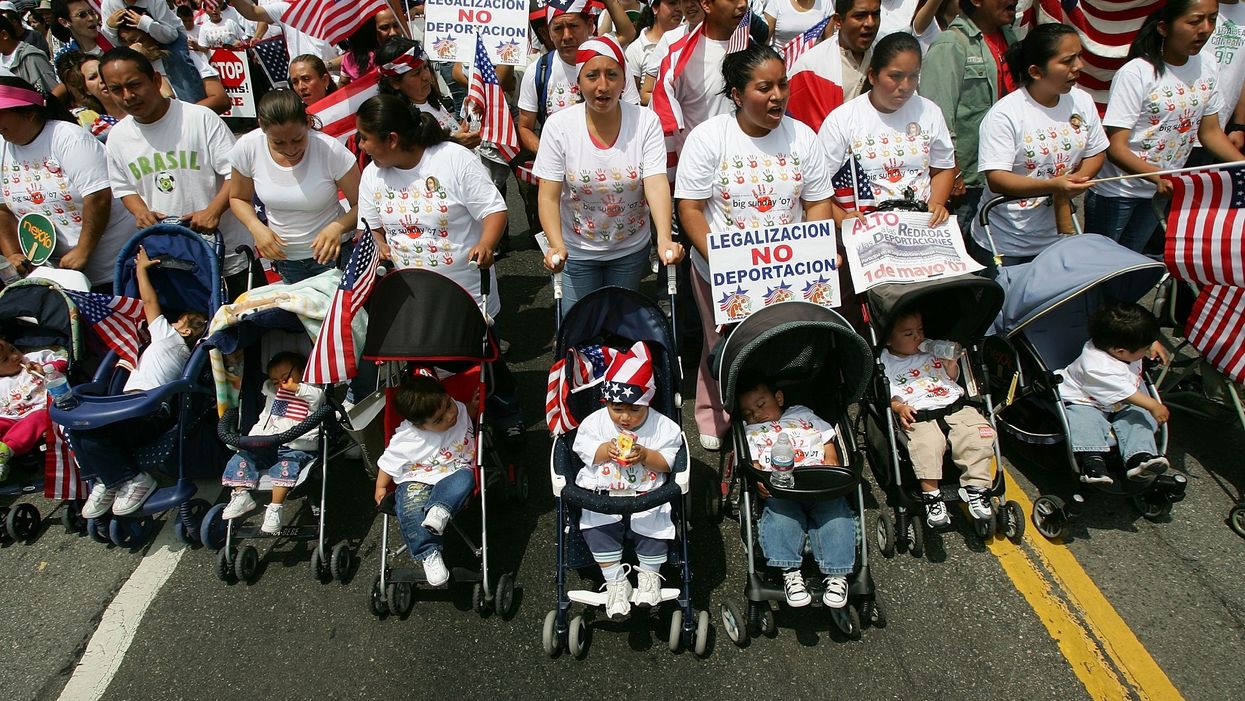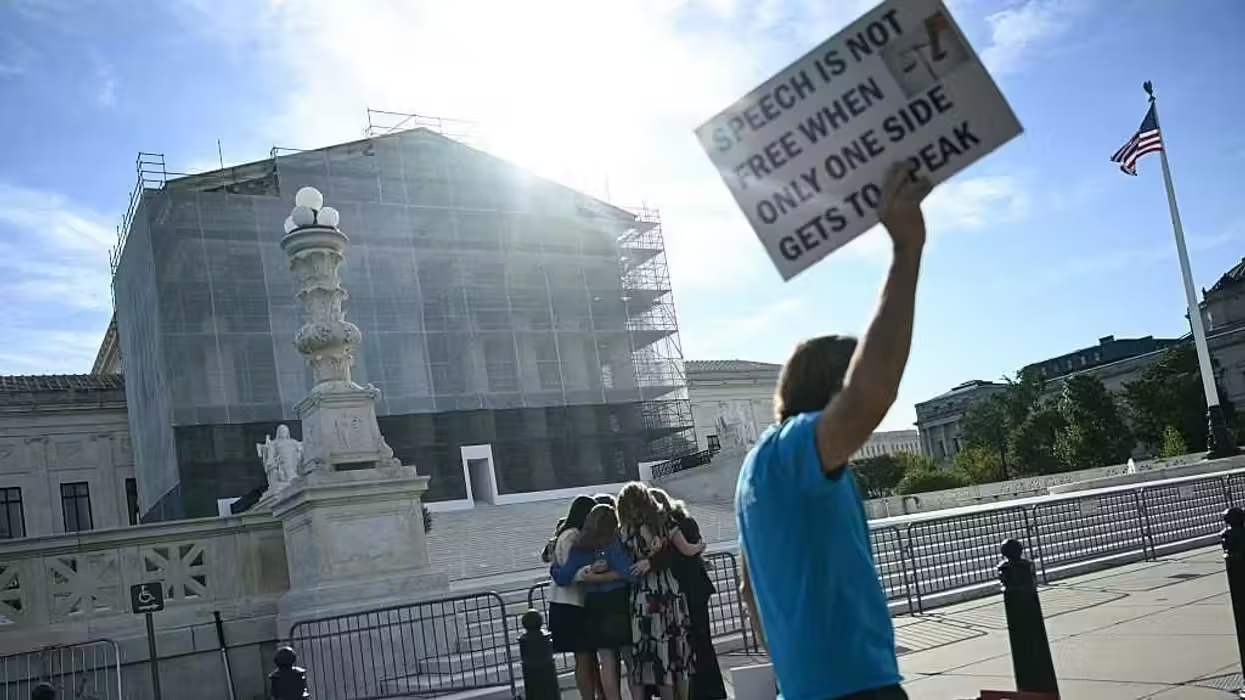A new analysis of U.S. Census Bureau data from 2014 shows that 63 percent of non-citizen households receive some form of welfare, and the number is even higher — jumping to 70 percent — among those living in America for a decade or more.
What are the details?
In the report conducted by Washington-based think tank Center for Immigration Studies, major benefits programs such as Supplemental Security Income, Temporary Assistance to Needy Families, the Earned Income Tax Credit, the Women, Infants, and Children Food Program, free and subsidized school lunch and breakfast, food stamps, Medicaid, public housing, and rent subsidies were all included in the study.
Researchers found that "welfare use is higher for every type of immigrant household than for native households, with the exception of housing programs." Often, the benefits are received on behalf of U.S.-born children.
By comparison, 35 percent of native-led households utilize at least one welfare program.
The Washington Examiner reported that the rise in welfare utilization in non-citizens living in the country for 10 years or more confirms the "concern that once immigrants tap into welfare, they don't get off it."
In particular, non-citizen households reported a much higher use of food programs (45 percent vs. 21 percent) and Medicaid (50 percent vs. 23 percent) compared to natives.
Of the non-citizen population covered in the data sets, roughly half are reportedly in the country illegally.
Anything else?
As part of the effort to reduce the number of non-citizens on government programs, the Department of Homeland Security has proposed a so-called "public charge" rule change, in order to "better ensure that aliens subject to the public charge inadmissibility ground are self-sufficient, i.e., do not depend on public resources to meet their needs, but rather rely on their own capabilities, as well as the resources of family members, sponsors, and private organizations."
If imposed, the Trump administration would expand the list of programs considered welfare, and would make it more difficult for prospective immigrants to qualify for green cards "if they use or are likely to use U.S. welfare programs," CIS researchers said.
DHS estimates that if the rule is implemented, "the total reduction in transfer payments from the federal and state governments [to individuals] would be approximately $2.27 billion annually due to disenrollment or foregone enrollment in public benefits programs by aliens who may be receiving public benefits."
The proposed rule is open for public comment at the Federal Register until Dec. 10.






